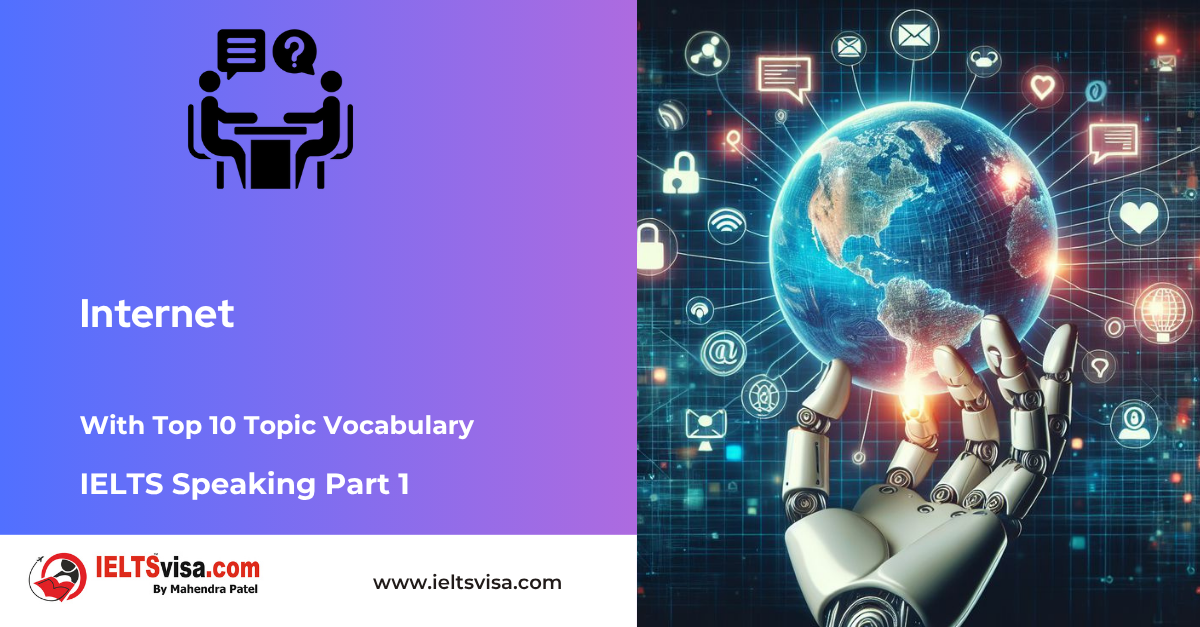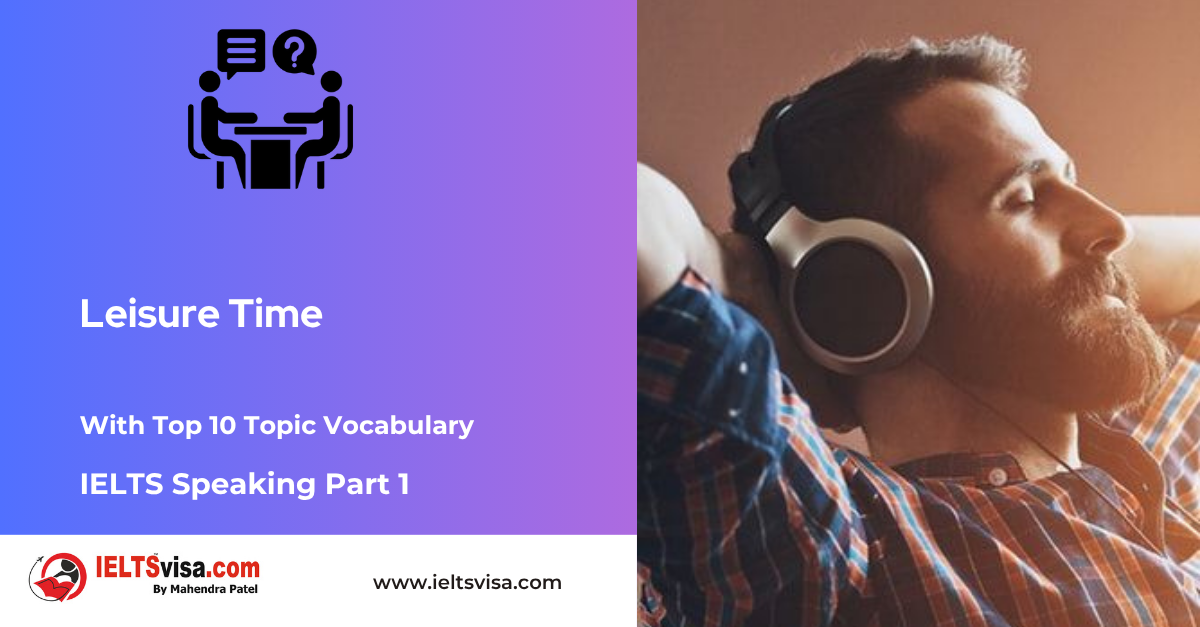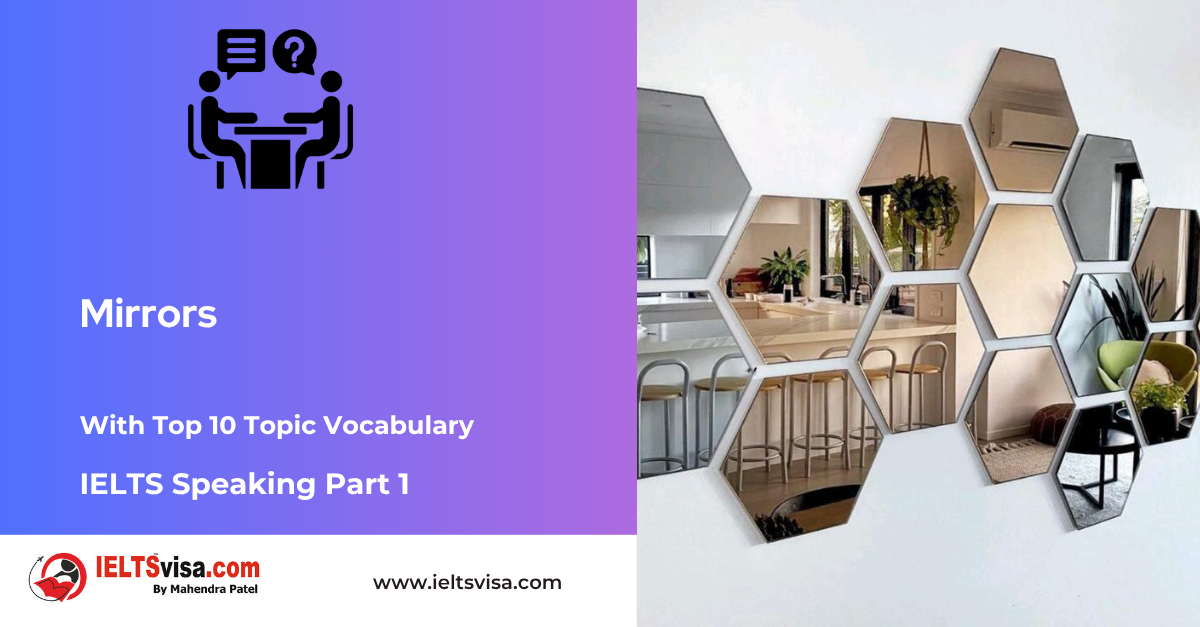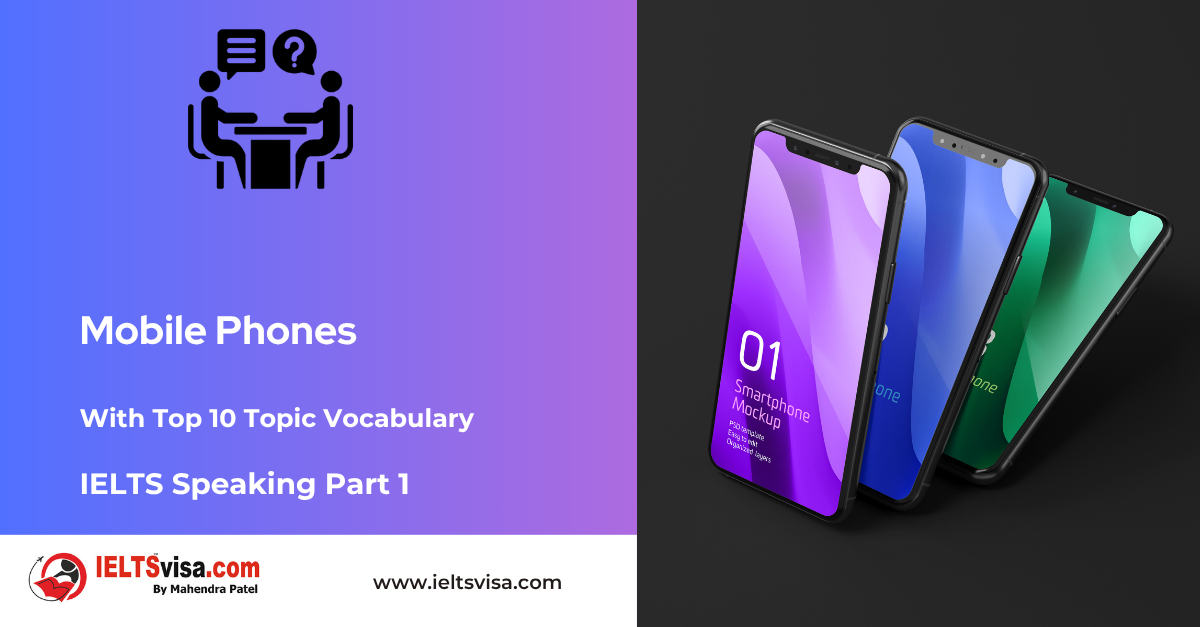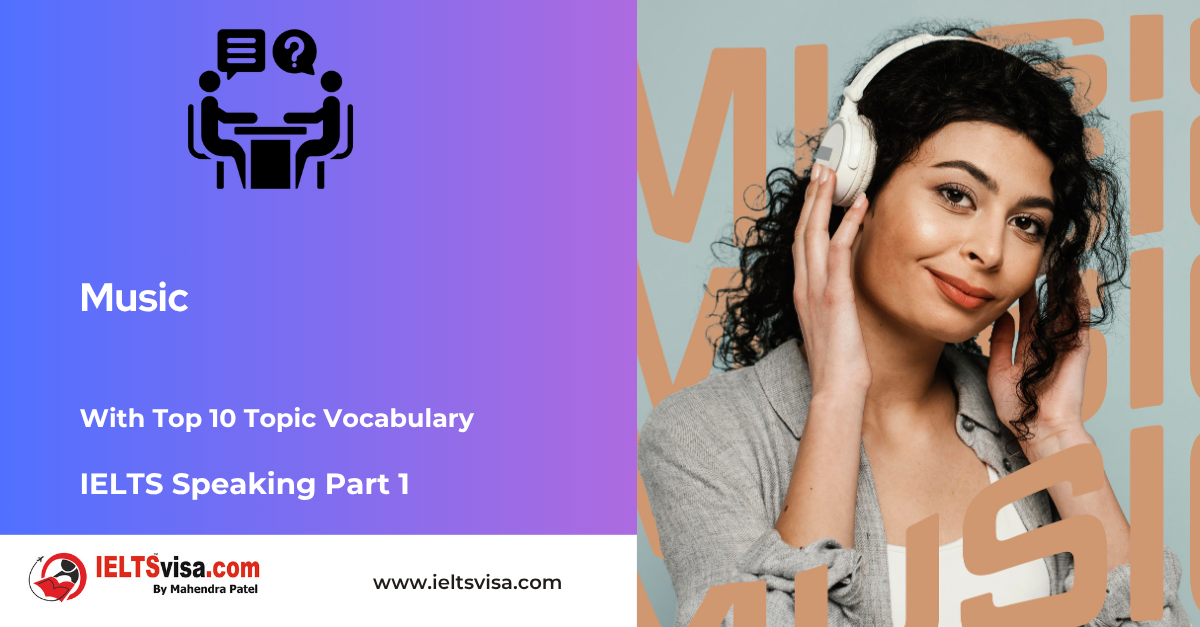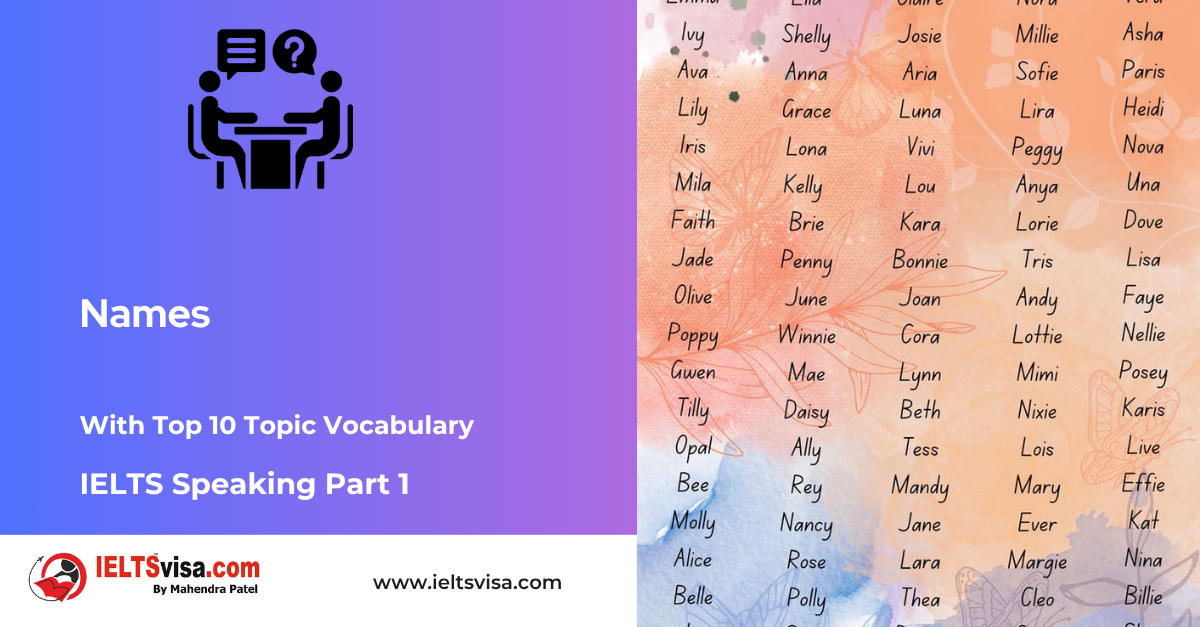IELTS Speaking Part 1 – Museum
IELTS Speaking Practice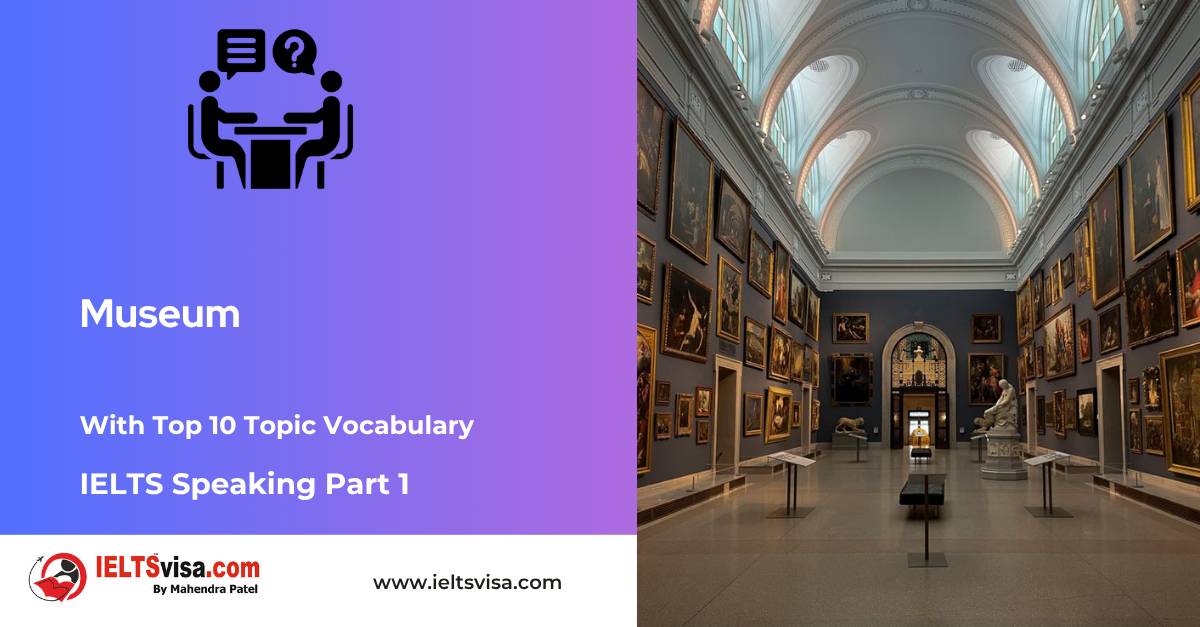
IELTS Speaking Part 1 – Museum
Examiner: Do you like visiting museums?
Candidate:Absolutely! Museums offer a fascinating glimpse into history, art, and culture. I find it incredibly enriching to explore exhibits and learn about different topics. They spark curiosity and provide a unique opportunity to see artefacts and artworks firsthand.
Examiner: What kind of museums are you most interested in?
Candidate:My museum interests vary depending on my mood and current fascinations. However, I particularly enjoy art museums showcasing renowned artists or specific periods, historical museums focusing on particular eras or regions, and science museums exploring natural history or technological advancements.
Examiner: Have you been to any interesting museums recently?
Candidate: Recently, I visited the Natural History Museum. It was fascinating because it had a special exhibit on dinosaurs, housed an impressive collection of fossils, and the building itself had historical significance.
Examiner: Do you think museums are important for society?
Candidate: Museums play a crucial role in society. They act as custodians of our cultural heritage, preserving artefacts and knowledge for future generations. More than just repositories, museums are educational platforms fostering an appreciation for the past and sparking curiosity about diverse topics. They can also be inspiring spaces for creativity and innovation.
Examiner: How can museums make themselves more appealing to younger generations?
Candidate: Museums can attract younger audiences by incorporating interactive exhibits, utilising technology like virtual reality or augmented reality experiences, and hosting engaging events or workshops. Social media presence and online educational resources can also pique their interest. By making museums more interactive and dynamic, they can connect with younger generations in a way that resonates with them.
Examiner: Do you prefer large museums with vast collections or smaller, more specialised museums?
Candidate: There’s merit in both approaches. A guided tour can provide children with historical context and point out key details they might miss on their own. However, allowing them to explore freely can spark their curiosity and encourage them to ask questions based on what interests them most. An ideal approach might be a combination of both, with some guided information and plenty of space for independent exploration.
Examiner: Do you think museums will continue to be relevant in the future?
Candidate: Absolutely! While technology offers new ways to access information, museums provide an irreplaceable experience. Seeing historical artefacts or original artworks in person creates a deeper connection with the past than a digital image. Museums will likely evolve and adapt, incorporating technology and interactive elements. Still, their core purpose of education, inspiration, and cultural preservation will remain relevant for future generations.
Examiner: What are some of the challenges that museums face today?
Candidate: Museums face challenges like funding limitations, competition for people’s leisure time, and the need to stay relevant in a digital age. Ensuring accessibility for people with disabilities and attracting diverse audiences are ongoing considerations.
Examiner: How can we ensure that museums continue to thrive?
Candidate: Supporting museums through donations and visits is crucial. Community engagement through educational programs and public events can also bolster their relevance. By embracing technology and offering innovative experiences, museums can continue to attract visitors and fulfil their vital role in society.
Examiner: Have you ever participated in a special event or program at a museum?
Candidate: I have participated in a lecture by a visiting scholar at a museum. It was an enriching experience that provided more profound insights into the exhibit. These programs can deepen understanding and provide a unique learning experience beyond the main exhibits.
Examiner: Do you think museums should charge admission fees?
Candidate: Admission fees can be a source of revenue for museums to maintain their collections and facilities. However, high costs might deter some visitors. Perhaps offering free or discounted entry on certain days or having tiered pricing structures could ensure accessibility while providing museums with the necessary funds.
Examiner: How can museums use technology to enhance the visitor experience?
Candidate: technology offers exciting possibilities for museums. Interactive displays with touchscreens or augmented reality experiences can bring exhibits to life and allow visitors to engage with them in new ways. Digital guides or online resources can provide deeper information and cater to different learning styles.
Examiner: Should museums focus solely on preserving the past, or should they also address contemporary issues?
Candidate: Museums can play a role in sparking dialogue about contemporary issues. Exhibits exploring social justice movements, environmental concerns, or current events can encourage critical thinking and inspire social change. Balancing the preservation of history with a reflection on the present can make museums even more relevant.
Examiner: In your opinion, what makes a truly memorable museum visit?
Candidate: A truly memorable museum visit is a combination of factors. The exhibits should be exciting and engaging, sparking curiosity and offering new insights. The atmosphere can also play a role, with a well-designed space encouraging exploration and reflection. Ultimately, a memorable visit leaves a lasting impression and ignites a passion for further learning.
Top 10 Topic Vocabulary for “Museum“
|
Vocabulary |
Type |
Meaning |
Synonyms |
Antonyms |
Word Family |
Example Sentences |
|
Artifact |
Noun |
An object made by a human being, typically of historical interest |
Relic, Antiquity |
Modern item |
Artifactual |
The museum’s new exhibit includes artefacts from ancient Egypt. <br> The archaeologists discovered a rare artefact that shed light on early civilisation. |
|
Exhibit |
Noun/Verb |
A display or demonstration of a particular skill or item |
Display, Show |
Conceal |
Exhibition, Exhibitor |
The science museum has a fascinating exhibit on space exploration. <br> The artist decided to exhibit her latest paintings at the local gallery. |
|
Curator |
Noun |
A keeper or custodian of a museum or other collection |
Custodian, Keeper |
Visitor |
Curate, Curatorship |
The curator gave a detailed tour of the museum’s newest collection. <br> As a curator, she is responsible for organising and managing the art exhibits. |
|
Preservation |
Noun |
The action of preserving something, particularly in its original state |
Conservation, Maintenance |
Neglect |
Preserve, Preservative |
Preservation of historical sites is crucial for future generations to understand their heritage. <br> The museum is dedicated to the conservation of ancient manuscripts. |
|
Exhibit |
Noun/Verb |
A display or demonstration of a particular skill or item |
Display, Show |
Conceal |
Exhibition, Exhibitor |
The science museum has a fascinating exhibit on space exploration. <br> The artist decided to exhibit her latest paintings at the local gallery. |
|
Conservation |
Noun |
Protection and preservation of natural or cultural resources |
Preservation, Protection |
Destruction |
Conserve, Conservator |
The museum’s conservation team works tirelessly to restore old paintings. <br> Conservation efforts have saved many endangered species from extinction. |
|
Interactive |
Adjective |
Involving communication or active participation |
Engaging, Participative |
Passive |
Interactivity, Interactively |
The museum offers interactive exhibits to engage visitors of all ages. <br> The new app provides an interactive experience for learning about art history. |
|
Gallery |
Noun |
A room or building for the display or sale of works of art |
Exhibit hall, Display room |
Storehouse |
Galleries |
The art gallery is hosting an exhibition of contemporary artists this month. <br> She loves spending weekends visiting different art galleries around the city. |
|
Artifact |
Noun |
An object made by a human being, typically of historical interest |
Relic, Antiquity |
Modern item |
Artifactual |
The museum’s new exhibit includes artefacts from ancient Egypt. <br> The archaeologists discovered a rare artefact that shed light on the early civilisation. |
|
Exhibition |
Noun |
A public display of works of art or items of interest |
Show, Display |
Concealment |
Exhibit, Exhibitor |
The museum’s latest exhibition features works by local artists. <br> The annual science exhibition attracts students from all over the country. |
|
Historical |
Adjective |
Relating to the past or past events |
Ancient, Old |
Modern |
History, Historically |
The historical artefacts in the museum date back to the medieval period. <br> The guide provided a detailed account of the historical events leading up to the battle. |
|
Educational |
Adjective |
Providing education or relating to education |
Instructive, Informative |
Uneducational |
Educate, Education |
The museum offers many educational programs for children and adults alike. <br> The educational exhibits are designed to make learning fun and engaging. |
|
Artifact |
Noun |
An object made by a human being, typically of historical interest |
Relic, Antiquity |
Modern item |
Artifactual |
The museum’s new exhibit includes artefacts from ancient Egypt. <br> The archaeologists discovered a rare artefact that shed light on the early civilisation. |
|
Preservation |
Noun |
The action of preserving something, particularly in its original state |
Conservation, Maintenance |
Neglect |
Preserve, Preservative |
Preservation of historical sites is crucial for future generations to understand their heritage. <br> The museum is dedicated to the preservation of ancient manuscripts. |
|
Curator |
Noun |
A keeper or custodian of a museum or other collection |
Custodian, Keeper |
Visitor |
Curate, Curatorship |
The curator gave a detailed tour of the museum’s newest collection. <br> As a curator, she organises and manages the art exhibits. |

Our Books
Master IELTS Speaking Part 1
IELTS Writing Task 1 Book
IELTS Writing Task 2 Book
Practice IELTS Other Modules
IELTS Listening
The IELTS Listening test assesses how well you can understand spoken English in various contexts. It lasts about 30 minutes and is divided into four sections with a total of 40 questions. The listening tasks become increasingly difficult as the test progresses.
IELTS Academic Reading
The IELTS Academic Reading section assesses your ability to understand and interpret a variety of texts in academic settings. It is designed to evaluate a range of reading skills, including skimming for gist, reading for main ideas, reading for detail, understanding inferences, and recognizing a writer's opinions and arguments.
IELTS Speaking
The IELTS Speaking test assesses your ability to communicate in English on everyday topics. It lasts 11-14 minutes and consists of three parts: introduction, cue card, and a discussion based on the cue card topic.
IELTS General Reading
IELTS General Reading tests your ability to understand and interpret various types of texts. Here are some key areas and types of content you can expect to encounter in the reading section, along with tips for effective preparation.
IELTS Academic Writing Task 1
In IELTS Academic Writing Task 1, you are presented with a visual representation of information, such as graphs, charts, tables, or diagrams, and you are required to summarize, compare, or explain the data in your own words.
IELTS General Writing Task 1
In IELTS General Writing Task 1, you are required to write a letter based on a given situation. The letter can be formal, semi-formal, or informal, depending on the prompt. Here’s a breakdown of the key components to include in your letter
IELTS Academic Writing Task 2
In IELTS Academic Writing Task 2, you are required to write an essay in response to a question or topic. Here’s a guide to help you understand the essential elements of this task
IELTS Exam Tips
To succeed in the IELTS exam, practice regularly, familiarize yourself with the test format, improve your vocabulary, develop time management skills, and take mock tests to build confidence.
Grammer for IELTS
Grammar is the foundation of effective communication in English. Understanding tense usage, subject-verb agreement, and sentence structure enhances clarity and coherence in writing and speaking.
Vocabulary for IELTS
Vocabulary plays a crucial role in the IELTS (International English Language Testing System) exam, especially in the Speaking and Writing sections. Here’s an overview of why vocabulary is important and how it impacts your performance
RECENT IELTS SAMPLES QUESTIONS AND ANSWERS
IELTS Speaking Part 1 – Internet
IELTS Speaking Part 1 - Internet Examiner: Do you use the Internet? Candidate: Absolutely! The Internet has...
IELTS Speaking Part 1 – Leisure Time
IELTS Speaking Part 1 - Leisure Time Examiner: How do you usually spend your leisure time? Candidate: I enjoy...
IELTS Speaking Part 1 – Mirrors
IELTS Speaking Part 1 - Mirrors Examiner: Do you often look at yourself in the mirror?Candidate: I often look...
IELTS Speaking Part 1 – Mobile Phones
IELTS Speaking Part 1 - Mobile Phones Examiner: Do you have a mobile phone? Candidate: Absolutely! Mobile...
IELTS Speaking Part 1 – Music
IELTS Speaking Part 1 - Music Examiner: Do you like listening to music?Candidate: Yes, I love listening to...
IELTS Speaking Part 1 – Names
IELTS Speaking Part 1 - Names Examiner: How did your parents choose your name?Candidate: There are a few...

